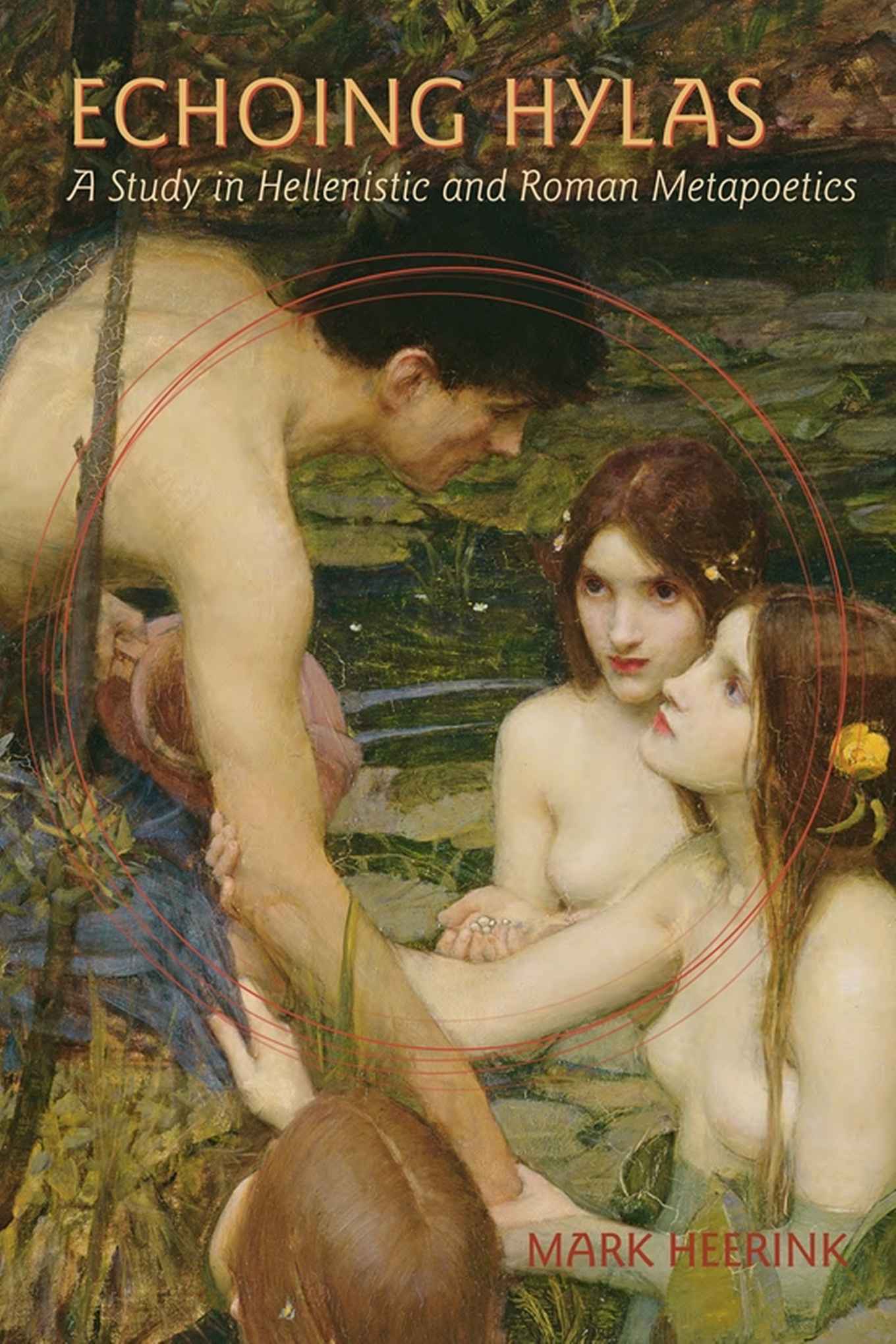Echoing Hylas. A Study in Hellenistic and Roman Metapoetics | Mark Heerink
16 maart 2016

Certain elements of the story, including the characters of Hylas and Hercules themselves, functioned as metaphors of the art of poetry. In the Hellenistic age, for example, the poet Theocritus employed Hylas as an emblem of his innovative bucolic verse, contrasting the boy with Hercules, who symbolized an older, heroic-epic tradition. The Roman poet Propertius further developed and transformed Theocritus’s metapoetical allegory by turning Heracles into an elegiac lover in pursuit of an unattainable object of affection. In this way, the myth of Hylas became the subject of a dialogue among poets across time, from the Hellenistic age to the Flavian era. Each poet, Heerink demonstrates, used elements of the myth to claim his own place in a developing literary tradition
Blurbs
“A major contribution to the study of Latin poetry that helps us read well-known texts in new ways. Heerink has provided a most welcome and exciting opportunity to rethink our approach to the study of the metapoetical aspects of Greek and Latin literature.”—Damien Nelis, University of Geneva
“Holds its own with the best recent work on intertextuality in Latin poetry. Heerink skilfully deploys a series of sustained and convincing readings in support of an overarching thesis about the metapoetic allegory of the myth.”— Philip Hardie, Trinity College, University of Cambridge
- Mark Heerink
- Madison, WI: University of Wisconsin Press, 2015
- ISBN: 978-0299305406